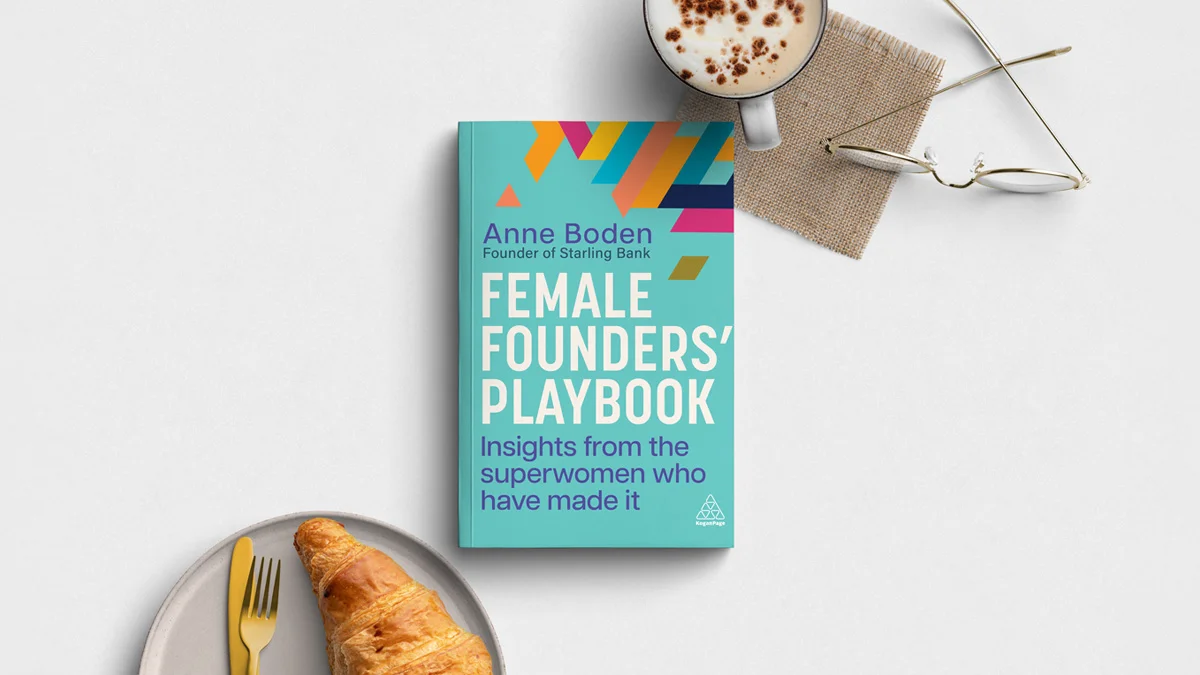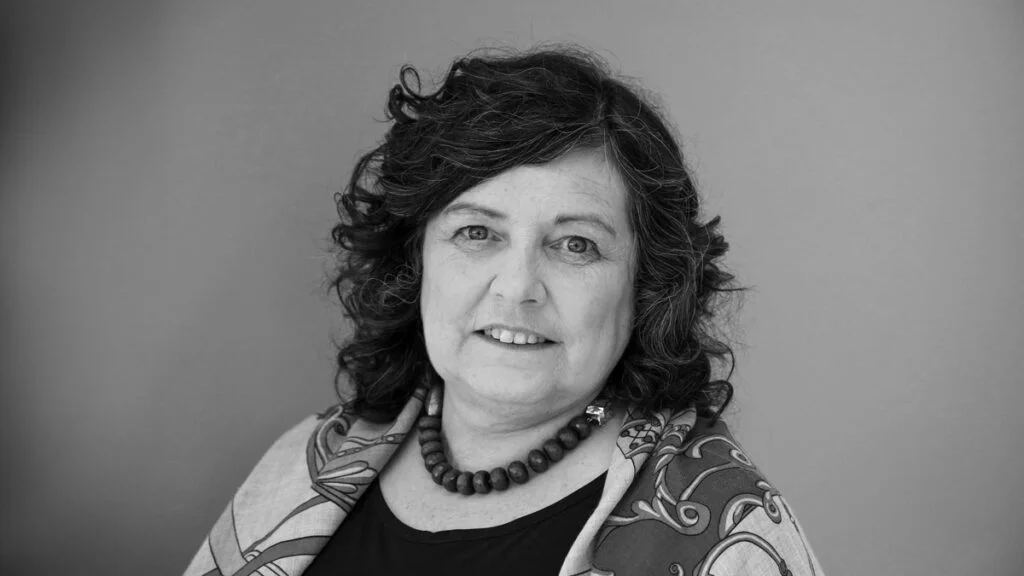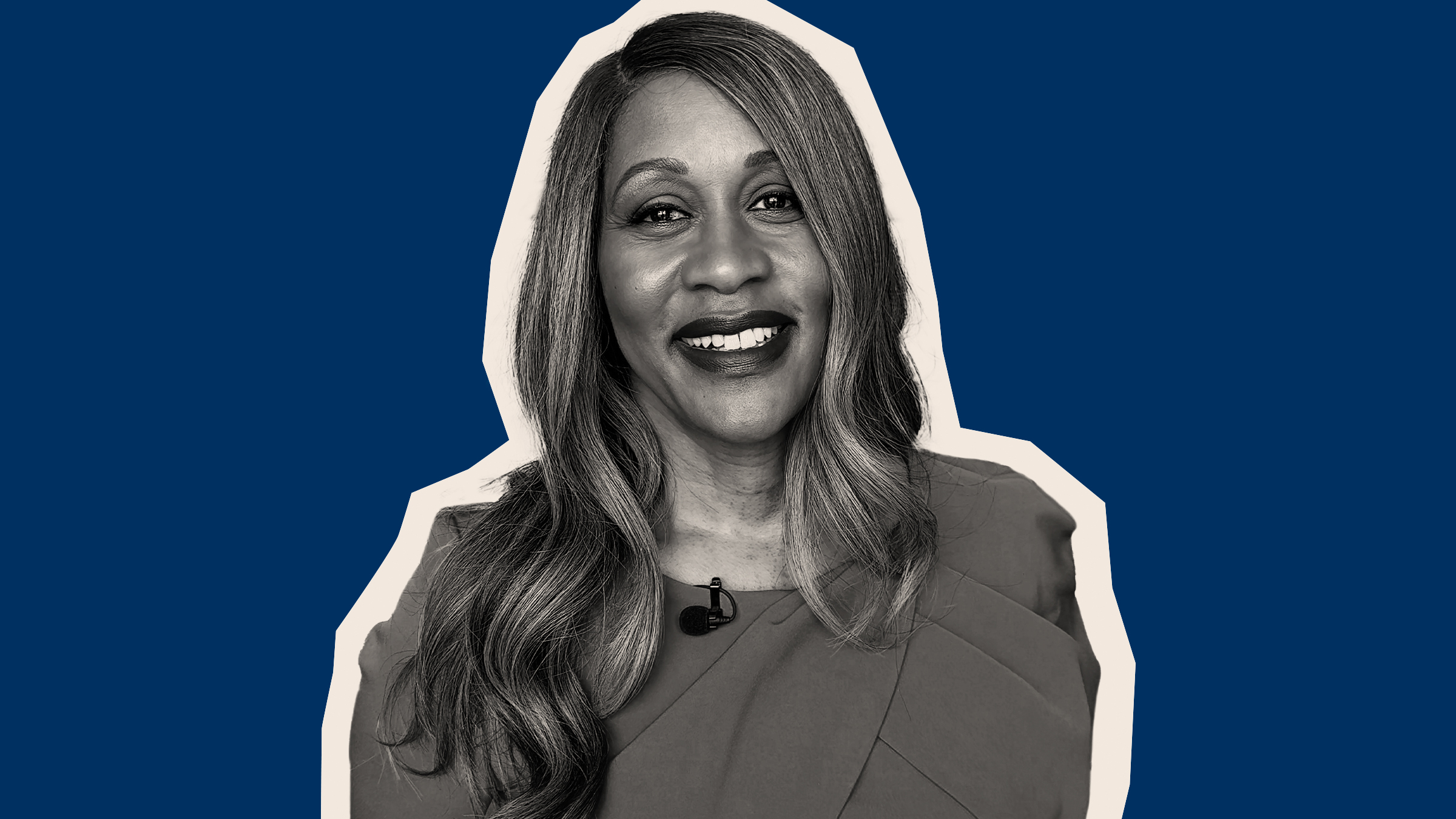
Female Founders' Playbook brings together the experiences of leading female entrepreneurs and VC investors.
These successful businesswomen share their thoughts on every aspect of launching a high-growth business, from coming up with a unicorn-worthy idea, through to building a multi-talented team to winning investment.
Their tales of success and failure are drawn together by commentary and insightful analysis by award-winning technology founder and the architect of Starling Bank, Anne Boden, creating an easy-to-follow guide for any female leader.
Here is an extract from the book:
How to meet the venture capital fund of your dreams
Once a likely investment partner has been pinpointed, the challenge is to get a meeting with them. While venture capital funds are increasingly letting entrepreneurs pitch direct through their websites, where founders can upload their pitch decks to be reviewed, not all offer this facility.
Many will still only operate via “warm introductions”, which is when someone within their network introduces them to an entrepreneur looking for funding. Or, to put it succinctly: investors don’t want to meet you, they want to be introduced to you.
For the VC community, this probably makes a lot of sense. Their role is akin to finding a needle in a haystack. The warm introduction system puts the onus on their network to do the pre-vetting.
Unfortunately, it doesn’t make as much sense to those trying to get in front of investors and, frustratingly, can put many female founders at a disadvantage from a number of standpoints. They may not have an extensive network that can introduce them to VCs because it often all comes down to going to the right school/ university.

At this stage, they have not met many other founders. However dedicated we are to networking, it is not always easy to strike up a rapport with other founders who have already received investment.
Firstly, the ones that are funded don’t tend to attend the same events as those who have not got to that point. Secondly, almost all those who have received funding are men. As a 50-something woman when I started out,
I know firsthand that it is not easy to start a rapport with 30-something founders. And you do need that easy rapport in order to persuade them to introduce you to their investors.
The approach I developed was to send emails to all my target investors, using the connections
I did have. The goal was to be succinct and give them just enough detail to whet their appetite: Hi Phil, I’m seeking funding for my start-up which is going to revolutionise the banking market. I’ve already got a banking application midstream and am having lots of positive interest in the market. Any chance of a meeting?
Take care not to exaggerate your prospects, or how far the start-up has come to date. There is such a thing as misrepresentation, so stick to the facts. Also think carefully about directly name-dropping any associates that are already on board to give added credibility.
Early in the Starling story, I received interest from a very well-known senior figure on the technology scene. He’d been very helpful and kindly gave me large amounts of advice, as well as access to some of his firm’s resources.
After seeking permission, I noted this in many of my introductory emails, writing something along the lines of “Starling is already working closely with [named person], the founder of [big tech firm]. What I didn’t realise was that this put off a number of investors.
The tech firm in question was over three decades old. In tech terms that’s a lifetime. The investors were on the lookout for something cutting-edge and new. I was sending the subliminal message that Starling was steeped in the past. Why invest with me, when they could meet with some 24-year-olds who know all the buzzwords?
Some start-ups worry that if they send out too many emails in one go, they will be inundated with meetings and won’t be able to cope. Don’t worry – this is a highly unlikely outcome. And if this does happen, so much so much the better.
This extract from Female Founders’ Playbook by Anne Boden © 2024 is reproduced with permission from Kogan Page.
Related and recommended

The advertising veteran believes that leaders need to listen to those around them to set the right course for the business
Burnout is a serious problem for many leaders, but if you can spot the signs, you can stop it – and recover
With Labour committed to spending more on defence, we need to be clearer on the trade-offs – while realising ultimately it can boost the economy
Labour believes a trade deal with the US will change its political fortunes, but there are numerous obstacles in the way

